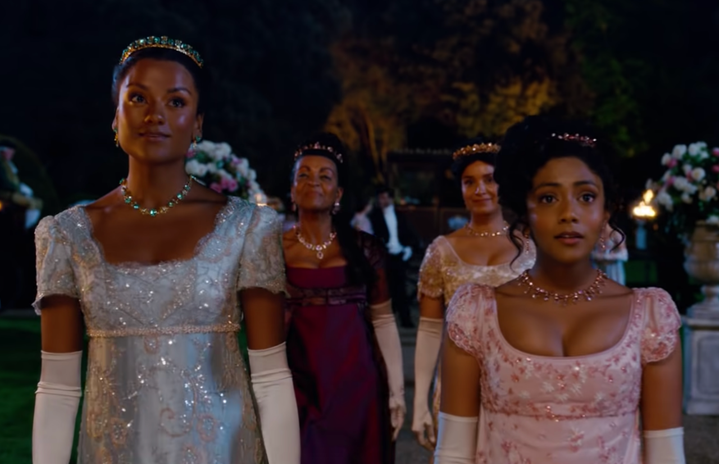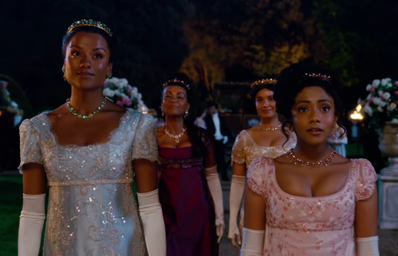We Deserve More than Mindy Kaling
As a young girl, I loved writing. I used to fill up entire journals. Reading back on these pages is often embarrassing for me. Partly because nine-year-old me is cringey, but mostly because these stories were centered around white people. I never wrote characters that looked like me, but I’d never read a book that had a character that looked like me, either.
Growing up, there was very limited representation for South Asian girls. Even once I became more aware of my own identity, I still struggled to find well-written brown protagonists. Because of this, I developed this mentality of “I’ll take what I can get” when it came to media representation. Enter Mindy Kaling.
Mindy Kaling has long been, and continues to be, a role model for me. She’s a best-selling author, producer, actor and TV writer who has seriously made her mark on the comedy world. From The Office to The Mindy Project to Never Have I Ever, Mindy Kaling has consistently created hits her whole career. Besides being hilarious, she’s a champion for body positivity and empowering women in Hollywood. In short, there’s no brown woman in the game doing it like Mindy Kaling.
I’ve always felt like I’ve owed Mindy Kaling a lot. She is responsible for about 90% of the South Asian characters I’ve seen on screen. And they’re great characters. She writes women who are funny, complex and well rounded. Her characters have more substance than just being a token brown character. Kaling often uses these characters to portray the humor, stereotypes, traditions and frustrations that come with the South Asian community. For the most part, it’s fun and even empowering to see on screen. But when it comes to confronting self image and western beauty standards, Kaling’s characters become examples of unhealthy representation.
Mindy Kaling’s South Asian female characters are often described as self-inserts of herself. Because of this, many of her personal insecurities are reflected through her writing. Essentially every brown woman Mindy Kaling has ever written is described as an ugly, unwanted nerd. She often writes jokes aimed at making fun of brown women’s body hair and facial features. Usually, once a white man decides the brown heroine is worthy of love, the supporting characters are shocked.
Many brown girls who grew up with Mindy Kaling as their only representation have internalized the idea that their culture and their appearance make them undesirable. It never seemed weird to me that brown girls on TV hate themselves because it’s normalized.
It wasn’t until I saw the second season of Bridgerton that I realized that Kaling’s types of characters were no longer acceptable. In Bridgerton, not one, but two Indian women were portrayed as beautiful, desirable and loveable, in addition to being strong female leads. And it wasn’t in spite of their culture; they embraced their culture.
Mindy Kaling has done a lot for brown girls and she will continue to be a role model for me, but her self-hating characters are no longer acceptable. Brown girls deserve better representation. They deserve to feel like their culture and features are beautiful, too. It’s time to start demanding more.


